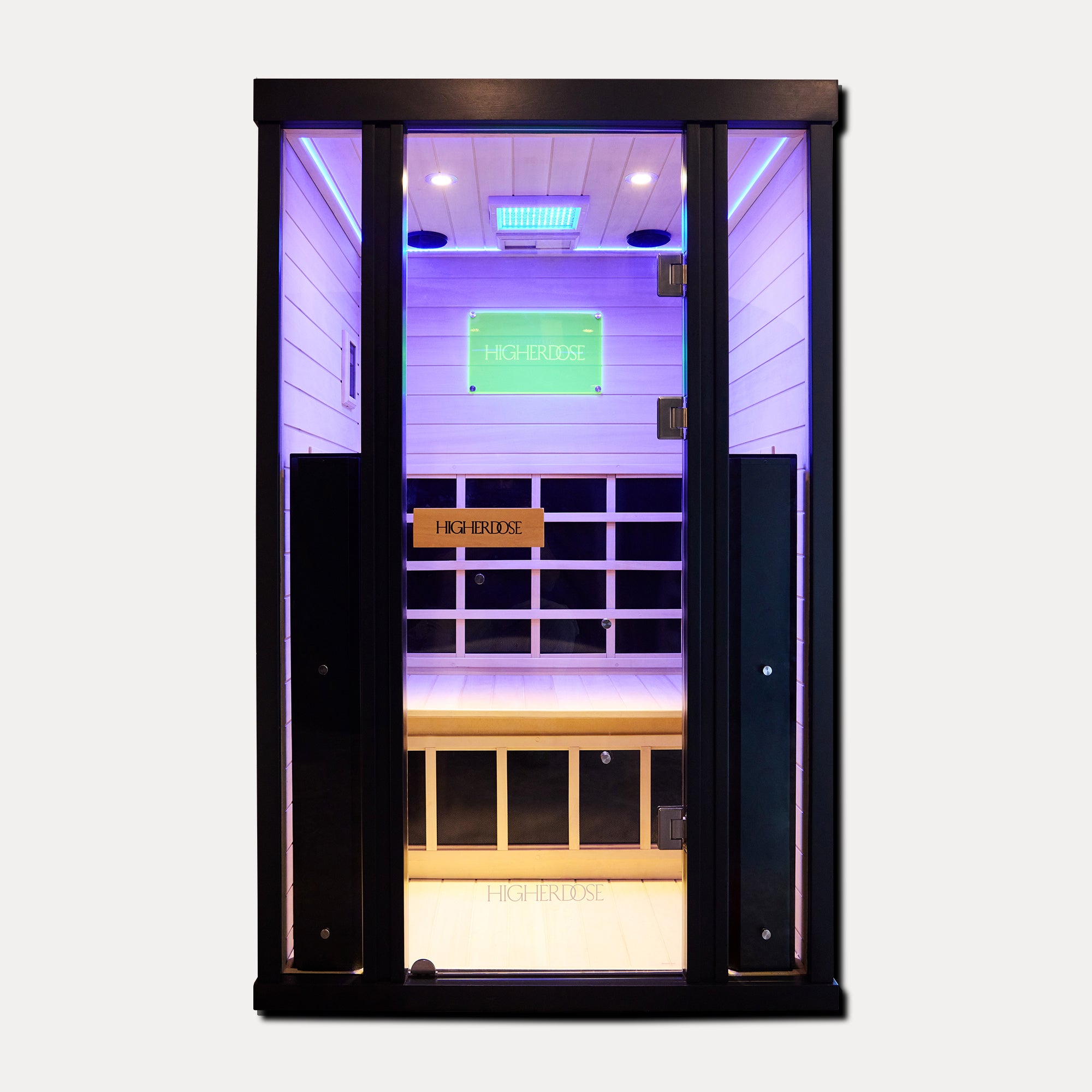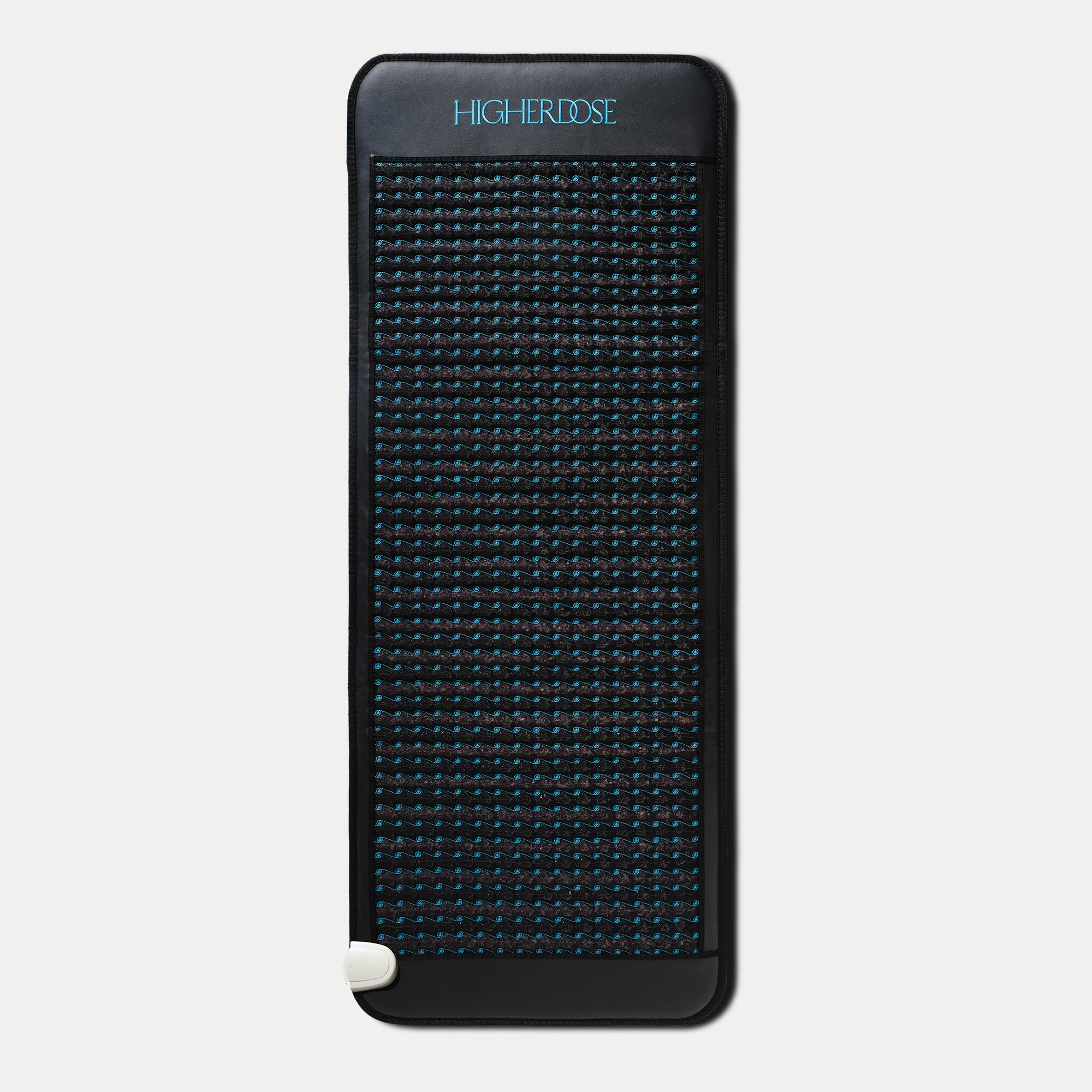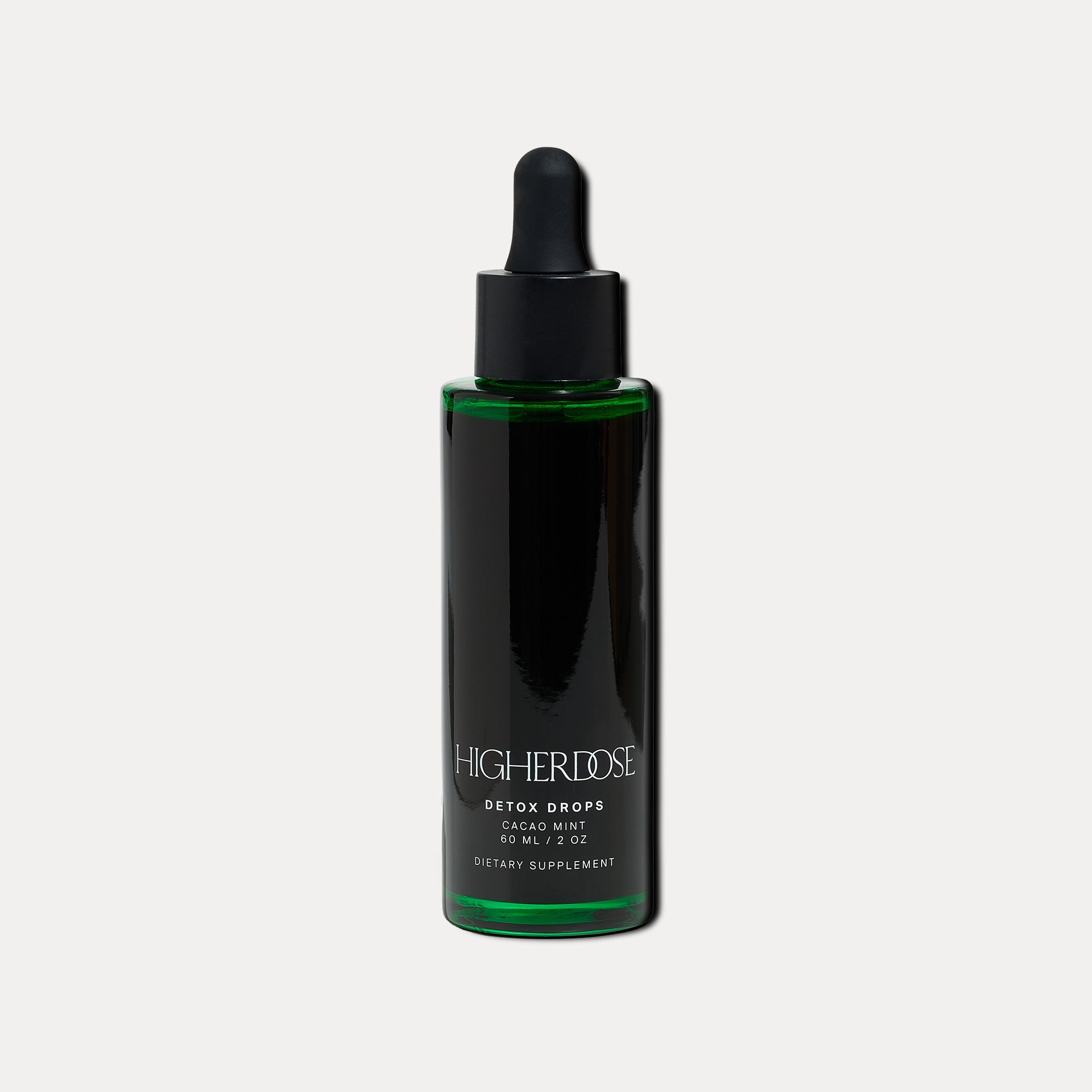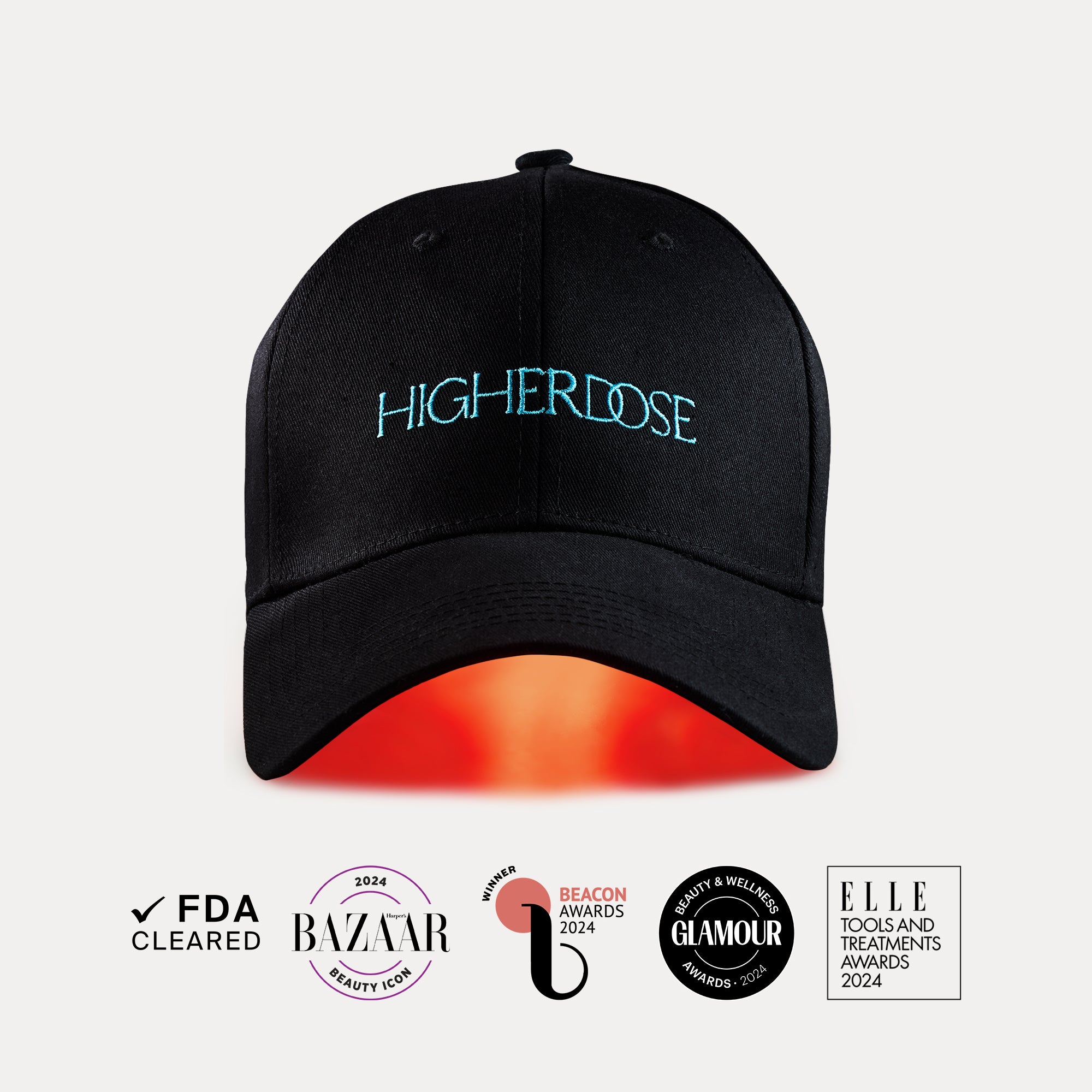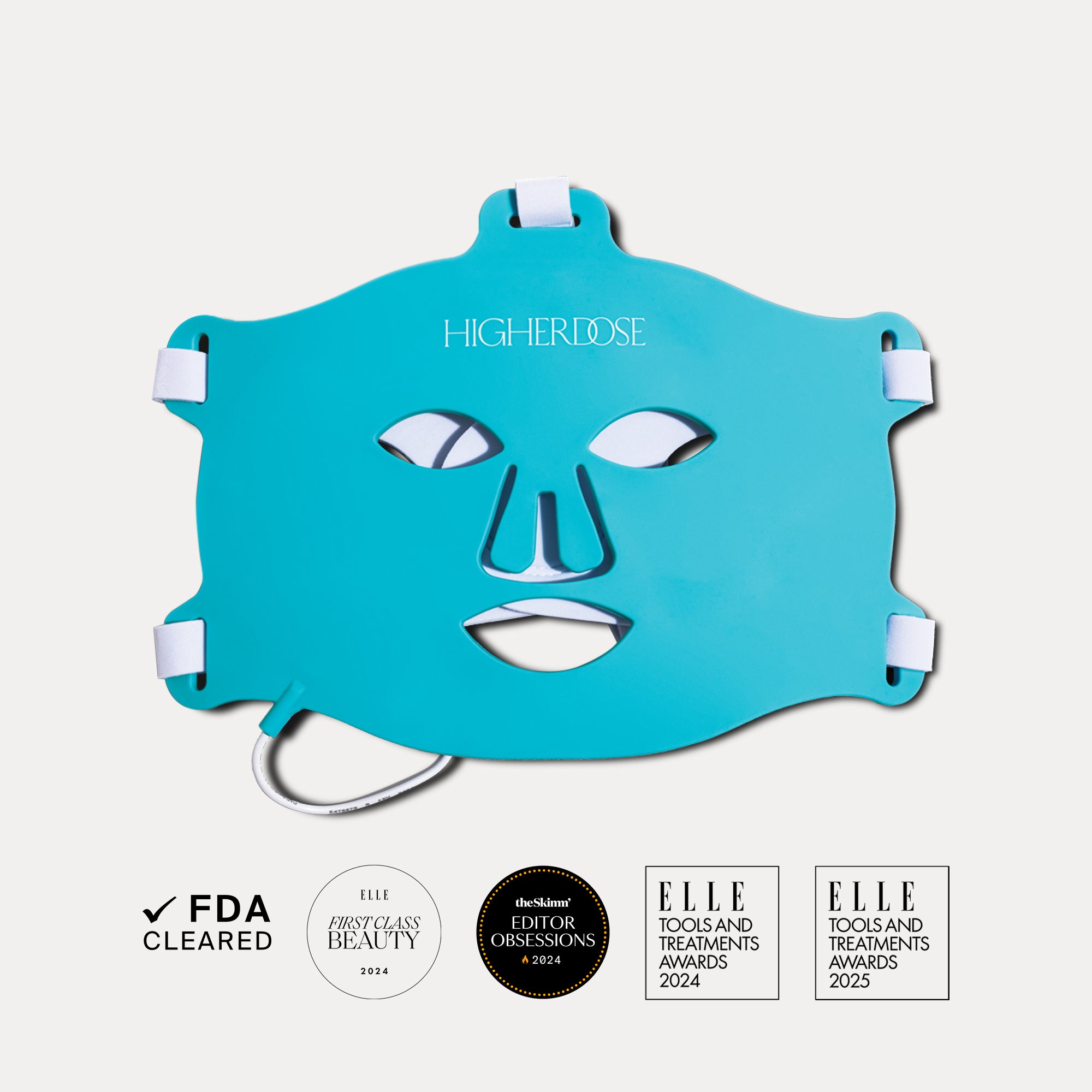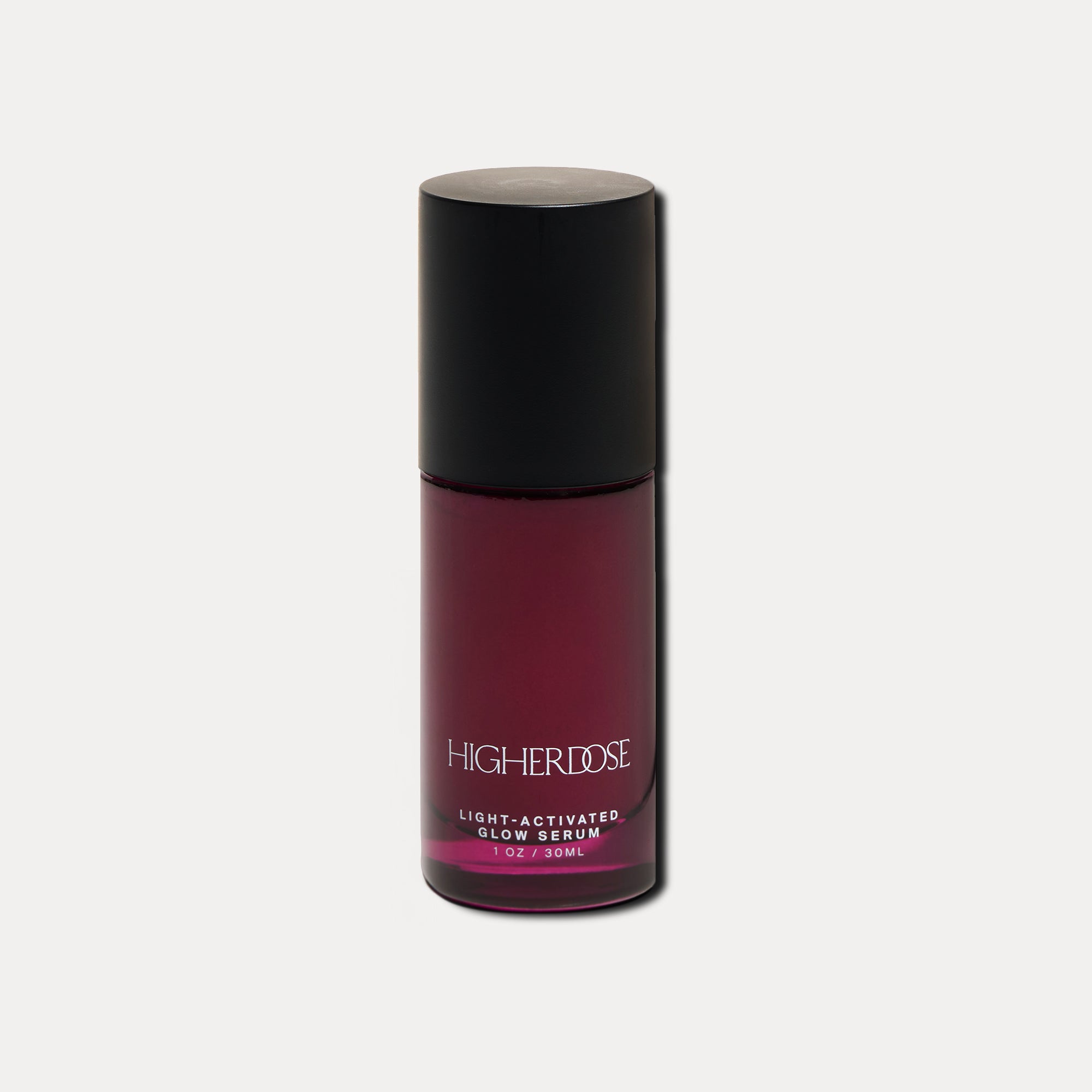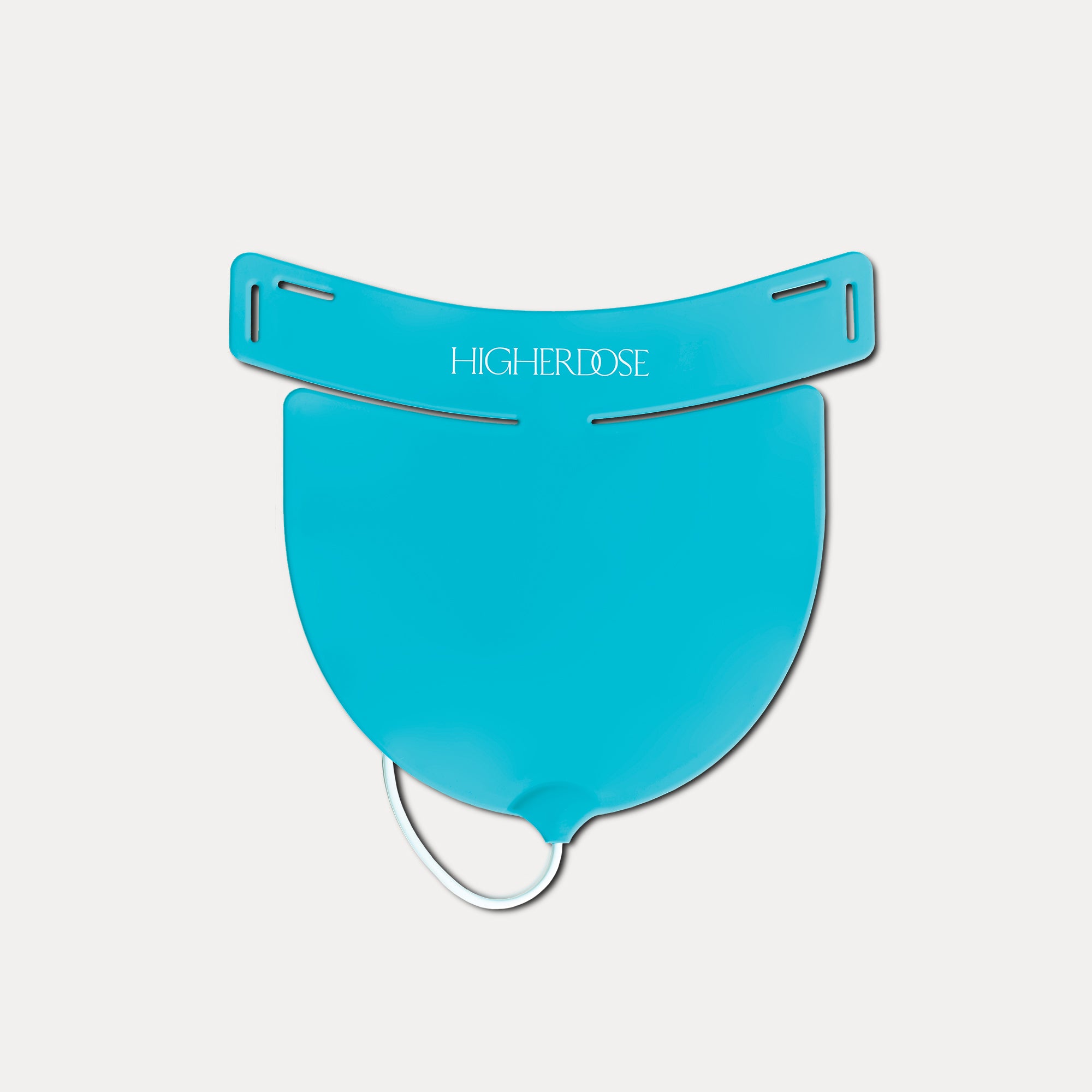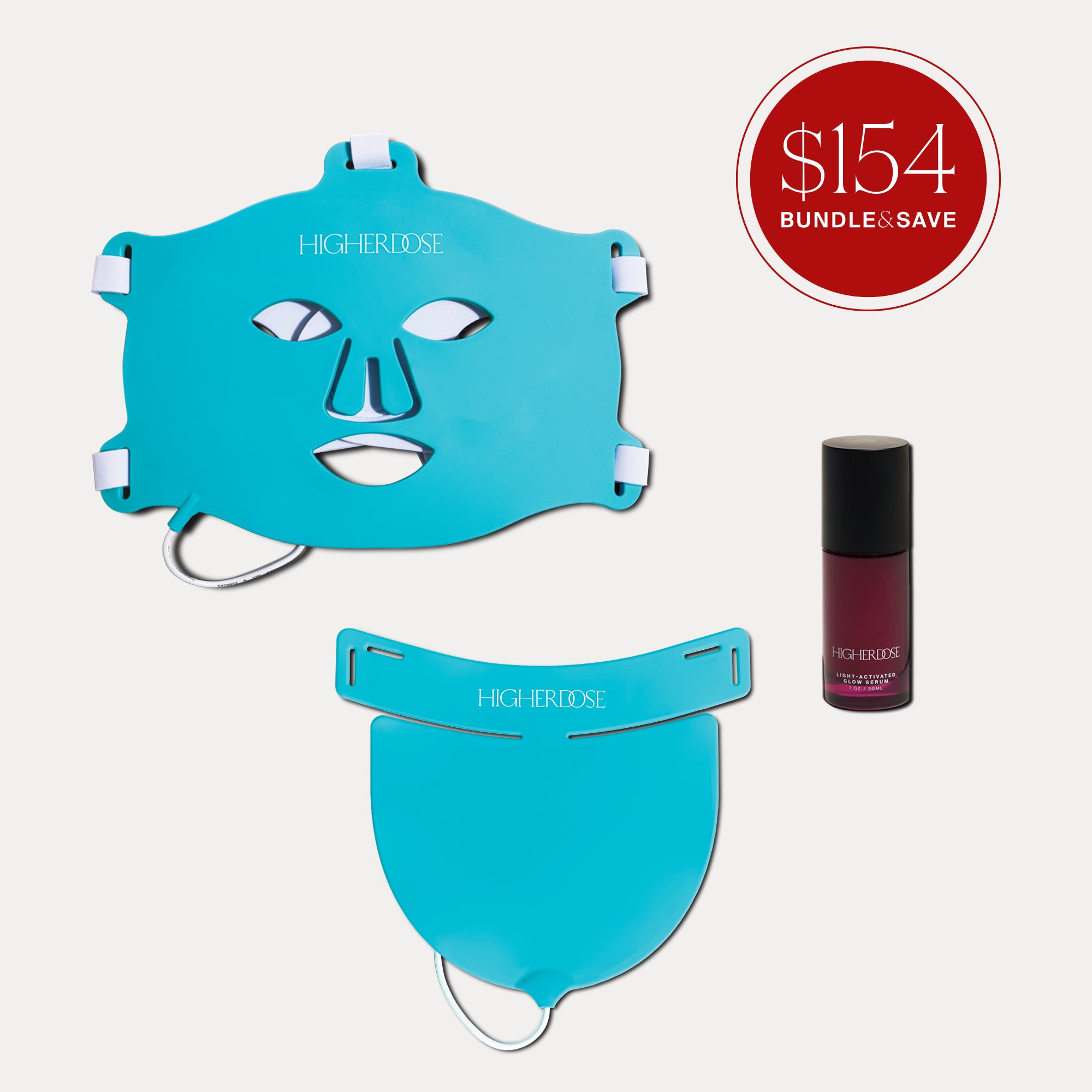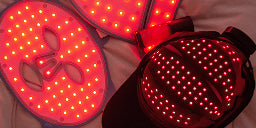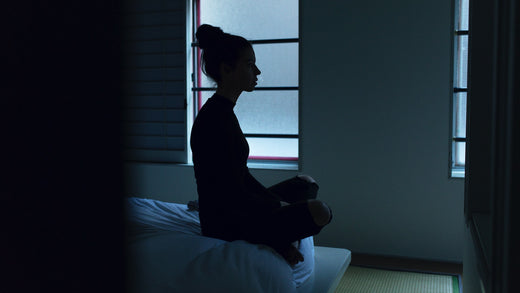
Magnesium and Insomnia: Can Magnesium Help You Sleep?
What is a natural activity that is enjoyable to do, comes at zero cost, and is supposedly the best medicine of all? It's none other than sleep, the so-called "balm of woe," according to the 16th-century poet Sir Philip Sidney. After all, slumber delivers loads of healing benefits, such as a healthier heart; a sharper brain; stronger muscles, bones, and nerves; and a more robust immune system. When your mind and body get sufficient R&R from a good night's sleep, you’re likely to feel you can dance your way through life. But what if rest proves to be more elusive than landing a date with Chris Evans? Not even Captain America can be up to the task of salvaging your missing Zzzs. But don't despair. The super molecule magnesium has got you covered! In this blog post, we'll discuss the link between magnesium and insomnia and how this mineral may help save you from sleeplessness.
What causes insomnia?
There are several sleep disorders, including sleep apnea (abnormal snoring) and narcolepsy (excessive sleepiness). However, the most common is insomnia. This condition affects about a third of the general population in the U.S. alone. It is characterized by the inability to fall asleep easily, the tendency to wake up often during the night, and overall poor sleep quality. Insomnia can happen even if you have ample shut-eye opportunities.
All types of insomnia can impact health, performance at work or school, relationships, and general wellbeing, albeit in varying degrees. Short-term insomnia ranges from transient (less than one month of sleeplessness) and acute (from one to six months). One or more of the following can lead to this type of sleep disorder:
- Illnesses
- Stress
- Certain medications
- Jet lag
- An irregular schedule
- Environmental factors like noise and bright lights.
Insomnia can also be chronic, lasting longer than six months. This is clearly associated with depression, anxiety, PTSD (post-traumatic stress disorder), and other psychiatric dysfunctions. Individuals may also have a higher risk for it if they have persistent and co-existing diseases, such as:
- GERD (gastroesophageal reflux disease)
- Restless leg syndrome (unpleasant sensations in the legs that make one want to move their legs)
- Respiratory issues
- Kidney disease
- Respiratory, urinary, and nerve conditions
- Mood and anxiety disorders
- Cardiovascular diseases
Chronic insomnia can be debilitating as it can lead to heart attacks and stroke, longer-term cognitive decline, and increased severity of diseases like obesity, depression, and diabetes. As you can see, insomnia can cause physical and mental problems. However, the reverse can also happen, with the latter becoming the trigger for the sleeping disorder. Additional factors that can lead to chronic insomnia are developmental problems (e.g., separation anxiety) and psychosocial stressors, such as divorce or death in the family.
If you're all too familiar with the constancy of fitful sleep or even sleepless nights, it's best to see your doctor for a proper diagnosis. They may recommend an increase in magnesium levels.
How does magnesium help with insomnia?
So what is the connection between magnesium and insomnia? Can the "powers" of magnesium penetrate deep into slumberland? In the hierarchy of minerals, magnesium counts among the more essential ones. Here are a few good reasons why it's considered as such:

1. Magnesium helps keep sickness at bay.
Magnesium can aid you in fighting diseases or illnesses that make it hard to get a good night's rest. Regulating over 300 biochemical reactions in the body, it is part of the GOAT squad of powerful minerals, along with calcium, phosphorus, and a few others. Magnesium can help strengthen your immune system, manage your blood pressure, stabilize your heart rhythm, decrease restless leg syndrome, and relieve inflammation. These are among the many critical functions that enable restful sleep.
2. Magnesium relaxes you.
This miracle molecule also helps hush the brain and body, alleviating anxiety and depression and prepping your entire system for sleep.
In threatening situations, neurotransmitters or chemical messengers send out an SOS to your nervous system and brain. The signals coming from the neurotransmitters trigger the appropriate protective responses from our internal systems. However, these molecules can also overreact, which may lead to excitotoxicity. This condition occurs when your cells become hyper-excited, resulting in their damage or even death.
Enter magnesium. When you're stressed, magnesium activates the body's parasympathetic nervous system (PNS), telling it to "Keep calm and carry on." The PNS is the nerve network responsible for toning down your fight-or-flight response after moments of stress or danger. Magnesium gives you a handle on PNS to manage stress, unwinding your fraught nerves as you get closer to bedtime.
3. Magnesium helps boost melatonin circulation.
Your circadian rhythm is the 24-hour cycle of changes that must take place within the body to make it function optimally. When it's out of sync, it's like greeting someone "Happy birthday" on any other day except their birthday—you're either too early or too late. Timing that’s "off" can be confusing to your physiological processes. So you tend to be up and about when it's time to hit the sack and feel sleepy when you're supposed to be alert and active.
Thus, you want to keep these circadian clocks healthy and consistent. One powerful way our bodies do so is by secreting melatonin in the brain. Often called the "sleep hormone," melatonin releases neurotransmitters for better coordination among the different body processes, including the maintenance of circadian rhythms. However, melatonin is dependent on the absence and presence of light. This means that its levels go up when our eyes detect darkness and become inhibited when they perceive light.
So, everything should work like, err, clockwork, right? But what if you work shifts or live in a region with polar nights and days? Here's where magnesium can be a godsend. Research shows that magnesium supplements can enhance natural melatonin circulation. This enables individuals to fall asleep faster and longer, decrease waking-up moments, and sleep better throughout the night.

Hiking up your magnesium dose with HigherDOSE
Magnesium can be a powerful way out of sleeplessness— and a lethargic, lackluster life. However, like many good things in life, magnesium has to come in just the exact doses to deliver optimal benefits.
Find the perfect dosage of this miracle molecule only at HigherDOSE. We deliver the right kind of "high" with our collection of wellness tools and supplements. Our Detox Drops is packed with powerful ingredients such as Magnesium Malate, perhaps the most bioavailable magnesium. This means it has a high rate of absorption by the body. As a result, our nutritionally-dense Detox Drops has an increased potency for deep sleep, toxin removal, and a host of other amazing plusses.
HigherDOSE's Chill Chews helps you replenish your magnesium supply. In several trials, 80% of users who took Chill Chews daily over 30 days reported better sleep. Among the product’s potent ingredients is Magnesium Citrate, a type of magnesium that dissolves readily in water to rebalance your "inner seas.'' As a result, you experience a dose of calm as you doze off to restorative sleep.
Finally, re-up your magnesium supply with High-Dration Powder's Magnesium Bisglycinate Chelate. This may help keep your heart and bones healthy, relieve anxiety, reduce pain, and manage blood sugar levels. Perfect for sleep that spells "B-L-I-S-S"!
Discover the kind of rest and zest that only magnesium-rich HigherDOSE supplements can help achieve. Shop HigherDOSE and get into the high life today!


